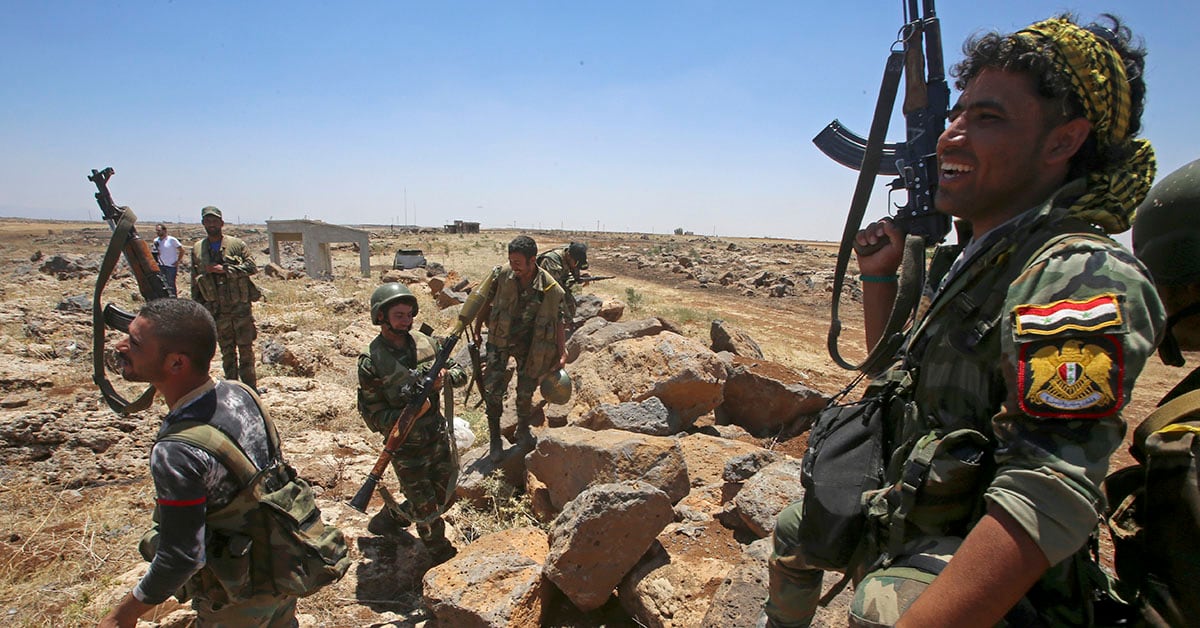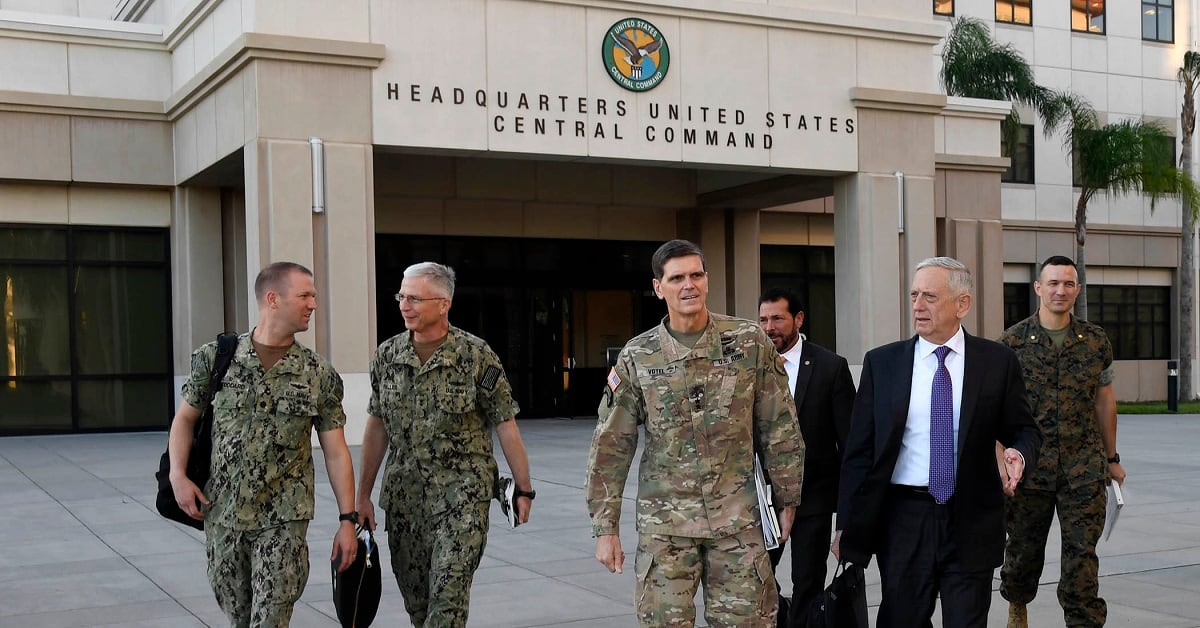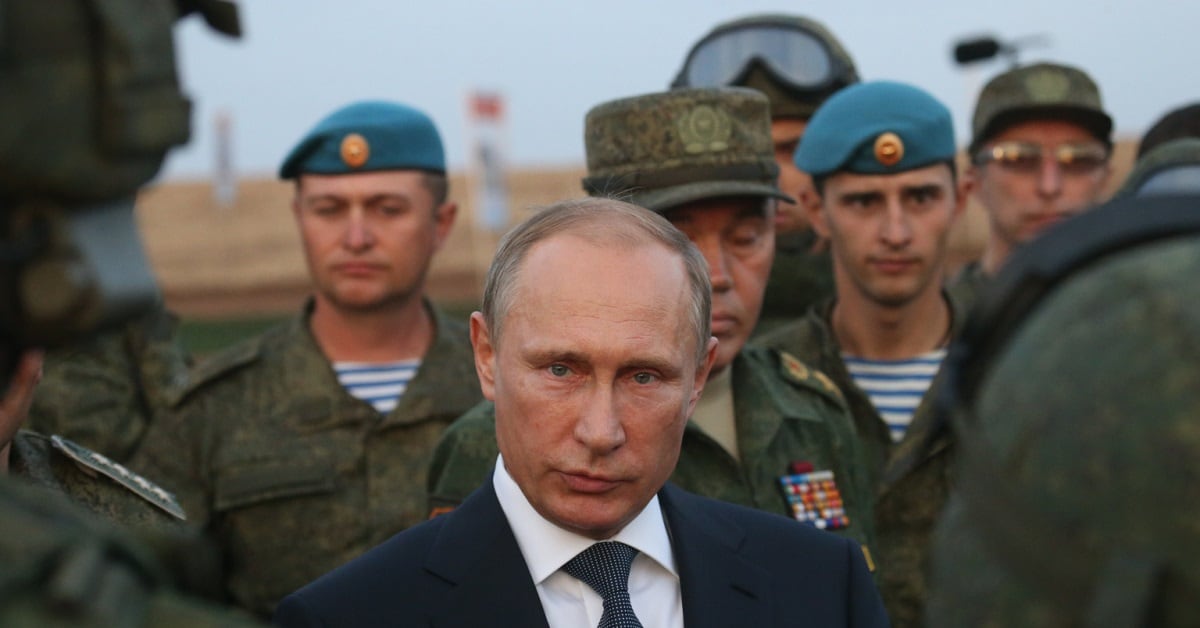Syrian President Bashar Al Assad wants a long-term Russian military presence in his homeland, not just to help with counter-terrorism operations, but also to provide a balance against other powers.
“Now there is an agreement between Syria and Russia about the base in Khmeimim, as you know, it will be valid for more than 40 years,” Assad told state media, according to TASS, a Kremlin-owned news service.
“If the question were: Did the Russian army come here only to fight terrorism, then why conclude a contract for more than 40 years? It could be limited to several years and then constantly renewed.”
Khmeimim Air Base is located near the Syrian port city of Latakia, and currently used by the Russian Air Force. The airstrip there is capable of landing large transport planes, as well as Sukhoi Su-24 bombers, Sukhoi Su-25 ground-attack fighters, Sukhoi Su-34 bombers and Russian military helicopters, according to Russian state media.
Given that the base was built specifically for Russian forces in 2015, the permanence of the position isn’t too surprising.
“The Russian Armed Forces are important for balance in our region, at least in the Middle East, until the political equilibrium in the world changes,” Assad said. “Russia is a big country, it’s a great power, therefore it has a duty to the whole world ... and she is responsible for the whole world.”

Part of the responsibility Assad envisions for Russian forces includes “political and military presence in various regions,” he said.
The U.S.-led coalition to defeat the Islamic State of Iraq and Syria maintains a forward military presence in northeastern Syria. That coalition is allied with the Iraqi government, but it is not sanctioned through the Syrian government, although U.S. and Russian officials frequently deconflict military operations to prevent their forces from trading blows.
The long-term presence of U.S. forces has been subject to ongoing debate domestically. U.S. President Donald Trump at times claims the United States will soon withdrawal, while his military leaders often caution against such a move, warning it could allow for a resurgence of ISIS terror cells in liberated territory.
RELATED

Meanwhile, Russian support to Syria has been pivotal in preventing the Assad regime from falling to rebel forces not aligned with the Islamic State group. Prior to the arrival of Russian military forces, Assad was largely considered to be losing the Syrian Civil War to a loose cohort of rebel factions.
Since Russia’s arrival, Assad’s regime forces have retaken much of the country. Still, the U.S.-backed Syrian Democratic Forces control more than 27 percent of Syrian territory, according to the UK-based Syrian Observatory for Human Rights.
Some U.S. outposts, like Manbij in the Syria’s north, have proven to be dangerous to U.S. relations with its NATO ally Turkey.
Kyle Rempfer was an editor and reporter who has covered combat operations, criminal cases, foreign military assistance and training accidents. Before entering journalism, Kyle served in U.S. Air Force Special Tactics and deployed in 2014 to Paktika Province, Afghanistan, and Baghdad, Iraq.





